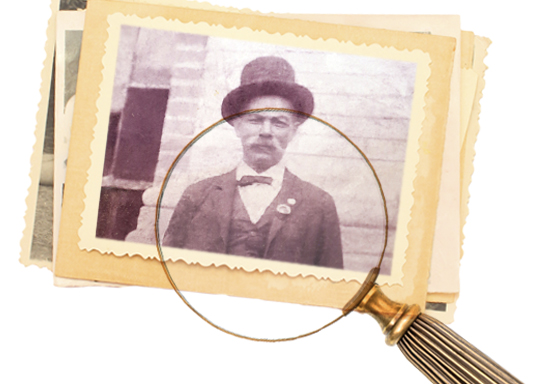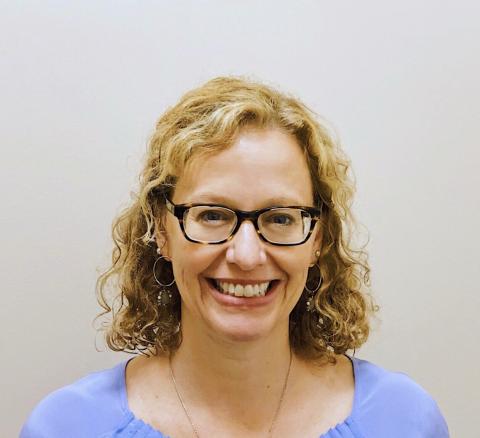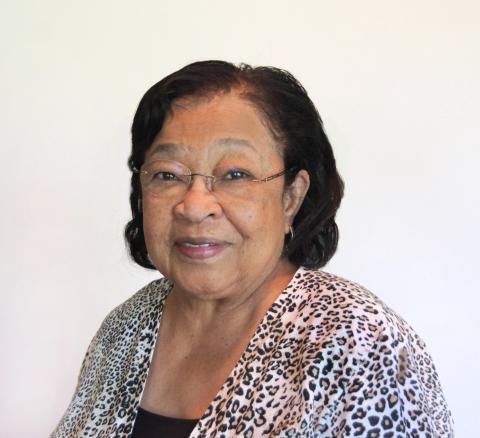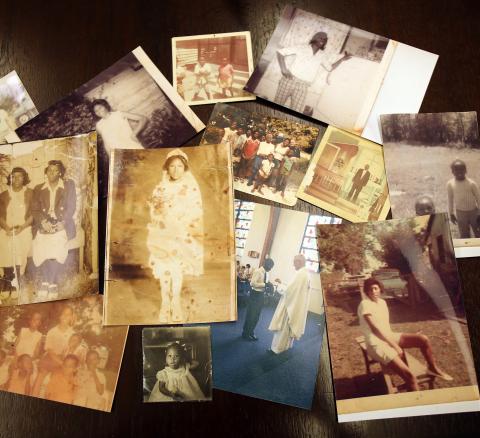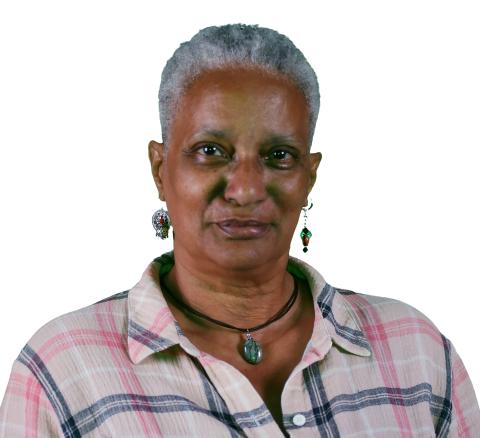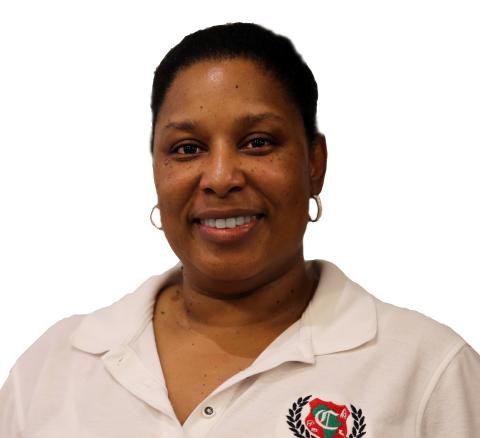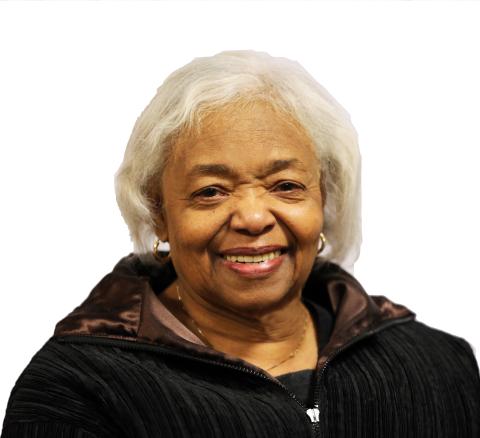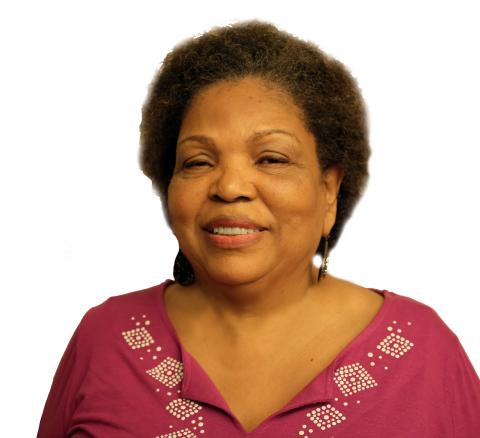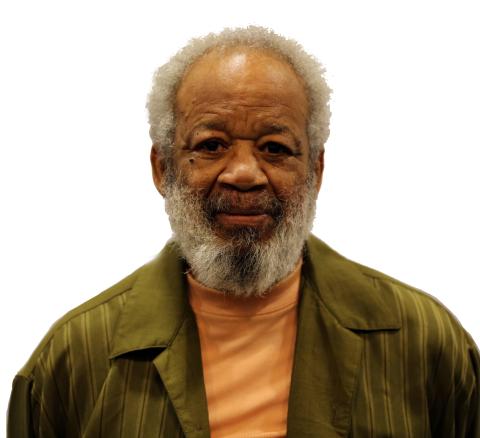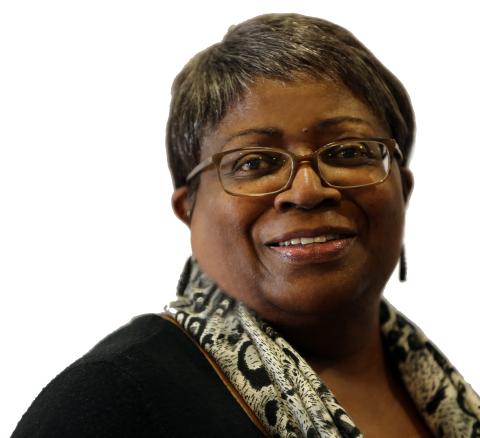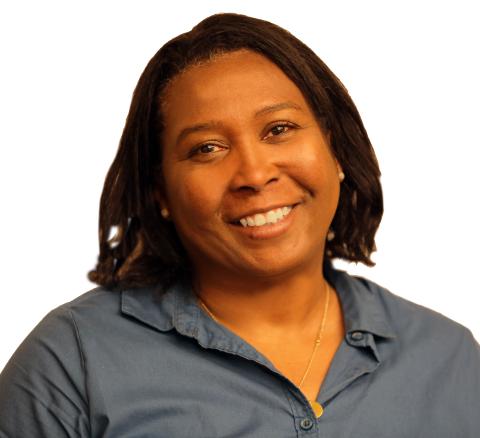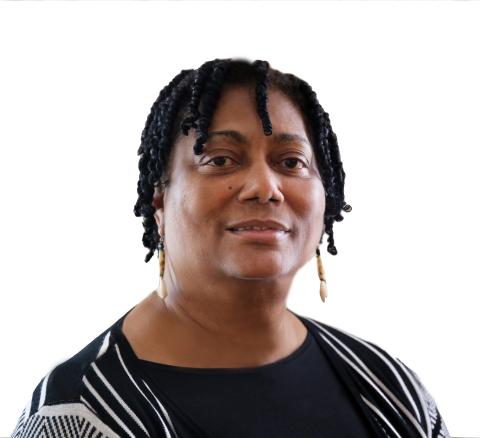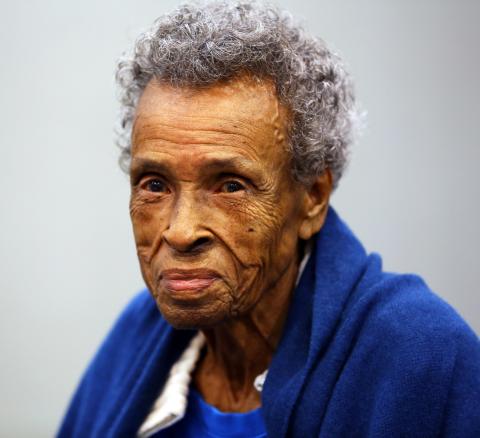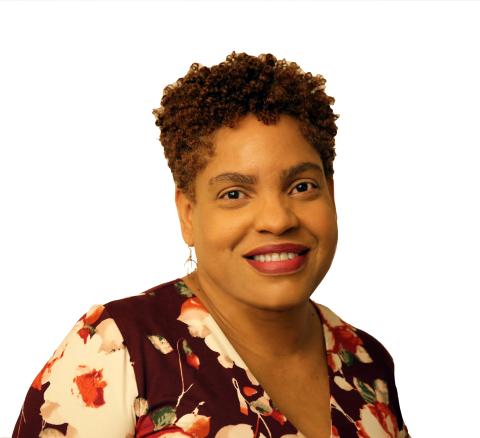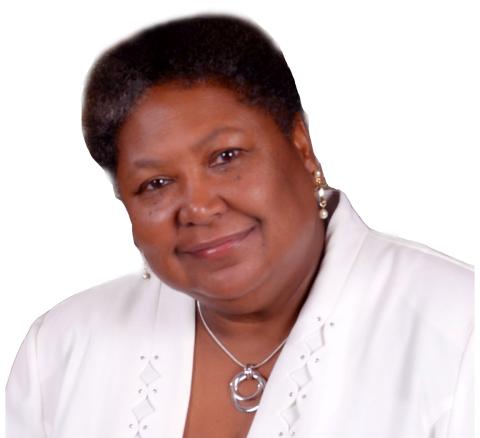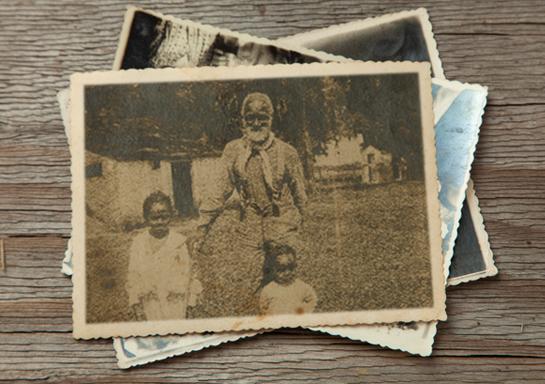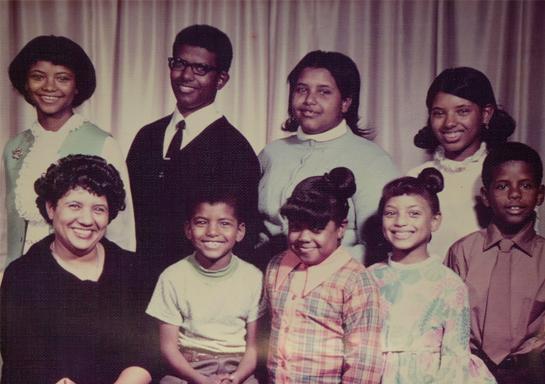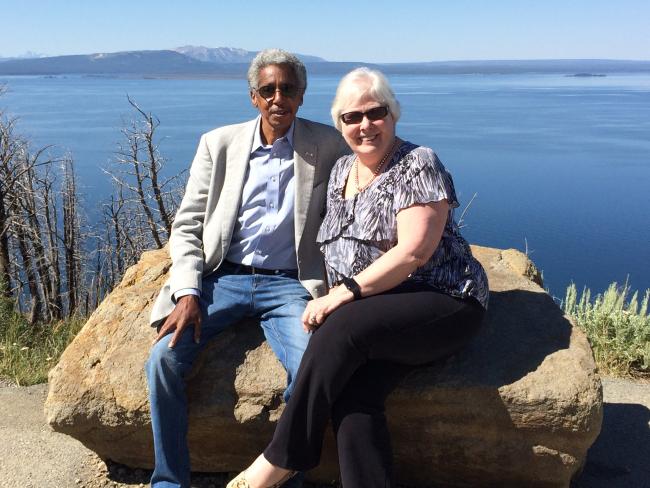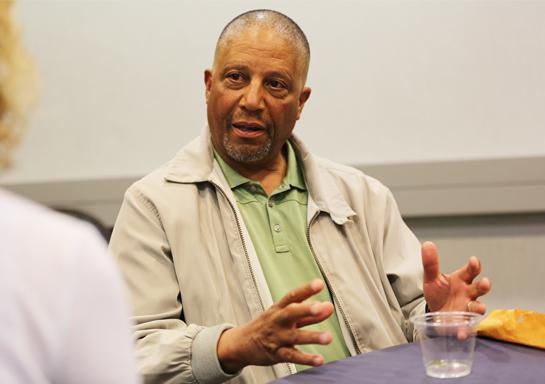Perspectives
Perspectives
Video Media Block
Perspectives
Descendant Voices
Descendant Voices
Audio Media Block
Descendant Voices
Explore Resources by Family
Adams, Peter (Group 43)
Barns, Nelly (Group 34)
Blacklock, Joseph (Group 47)
Brown, John (Group 38)
Butler, Ignatius (Group 46)
Butler, Nace (Group 27)
Campbell, Adeline (Group 33)
Campbell, Watt (Group 32)
Ford, Hillary (Group 44)
Gough, Regis (Group 28)
Greenlief, Joseph (Group 23)
Harris, George (Group 16)
Harris, Sam (Group 15)
Harrison, Sally (Group 2)
Hawkins, Isaac (Group 1)
Jones, Arnold (Group 39)
Mahoney, Harry (Group 30)
Mahoney, Louisa (Group 48)
Merrick, Phil (Group 29)
Plowden or Hill, Bibiana (Group 26)
Queen, Charles (Group 3)
Queen, Len (Group 14)
Scott, Harry (Group 22)
Ware, William (Group 17)
Winderry, Nelly (Group 4)
Yorkshire, Alexius (Group 49)
Yorkshire, Sally (Group 35)
Betsy (Group 8)
Betsy (Group 31)
Elizabeth (Group 24)
Harriet (Group 7)
Sally (Group 6)

